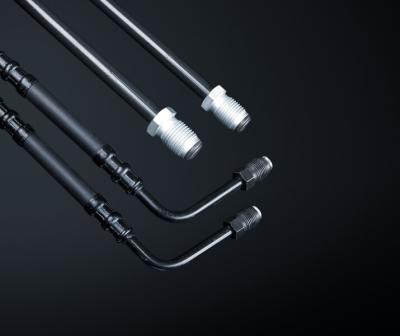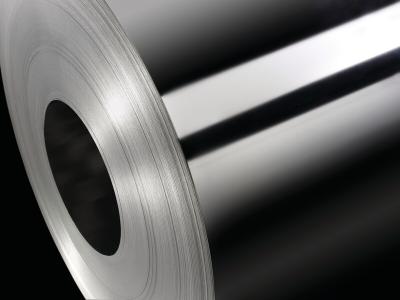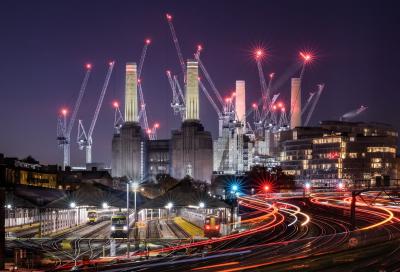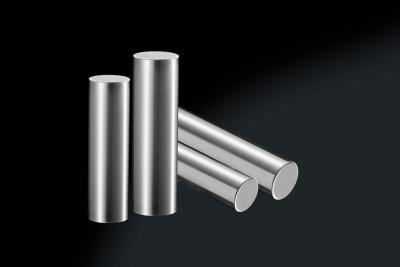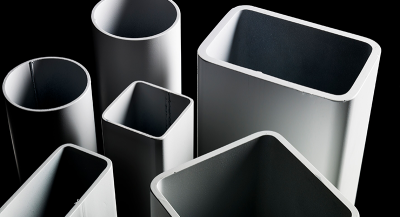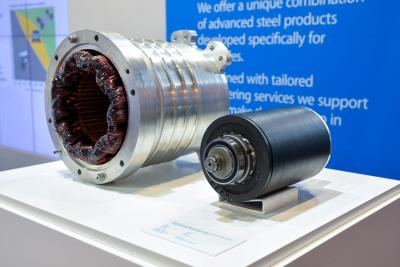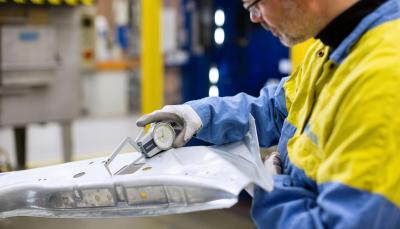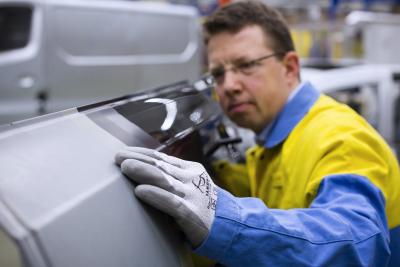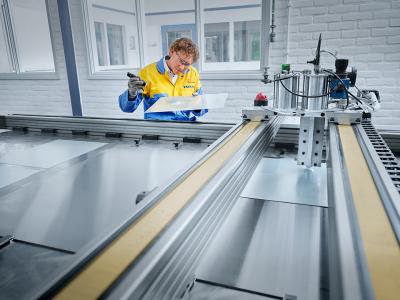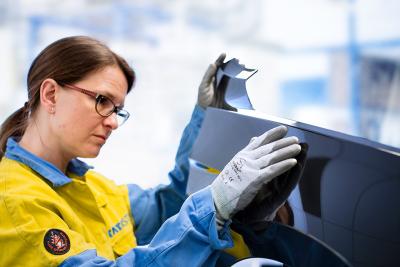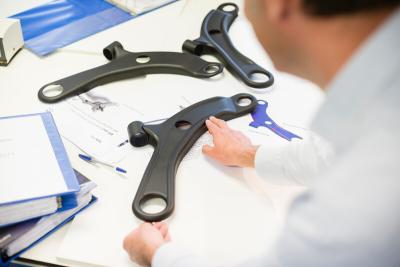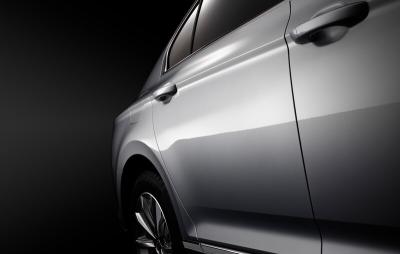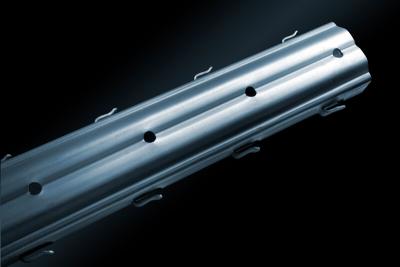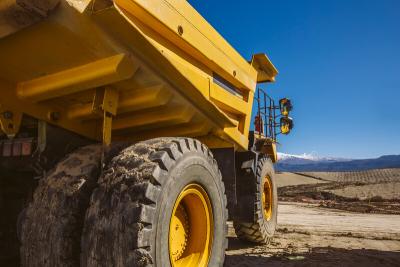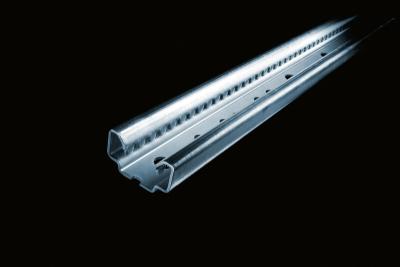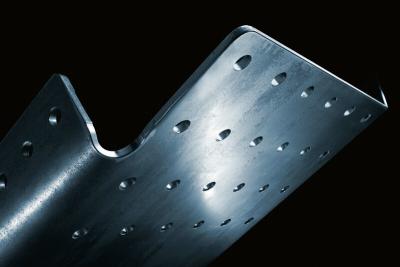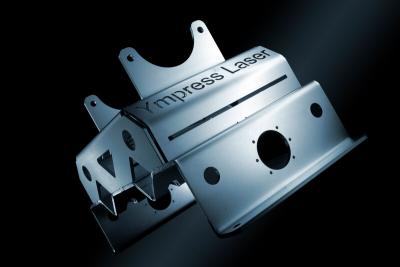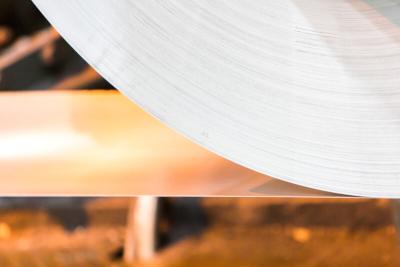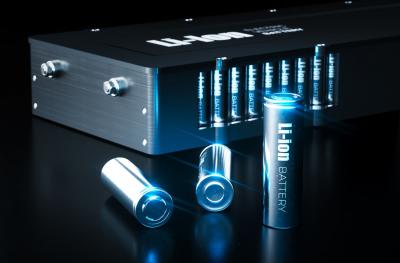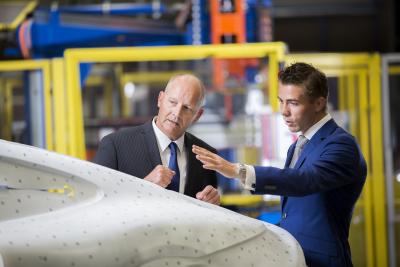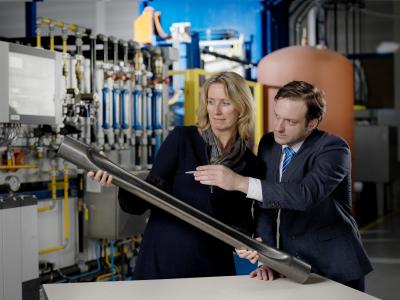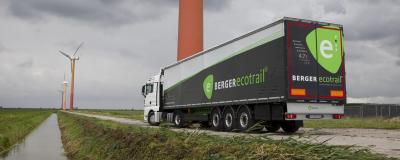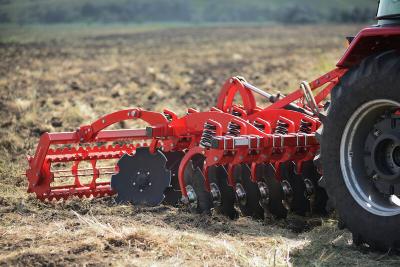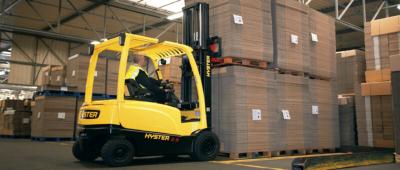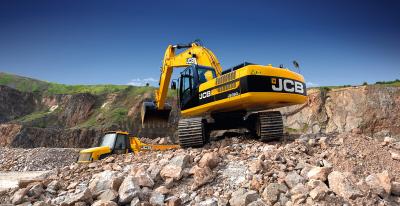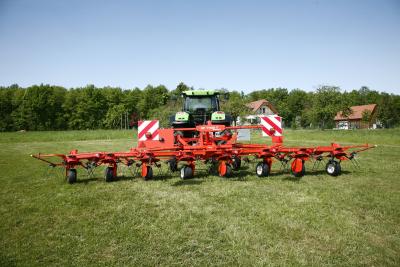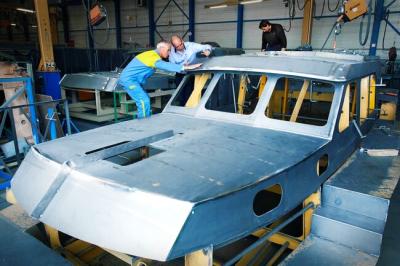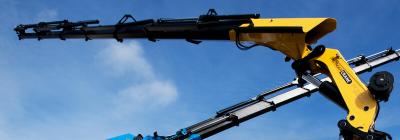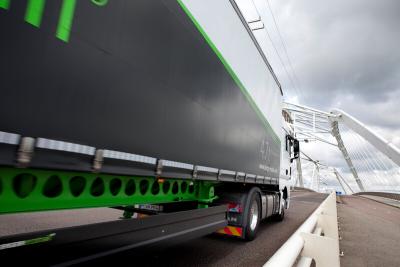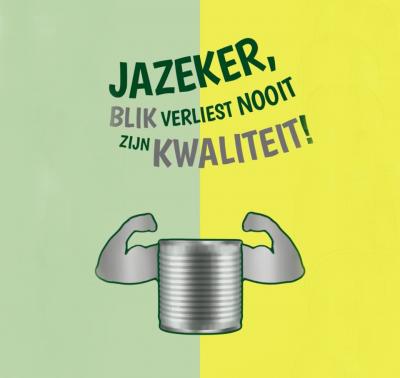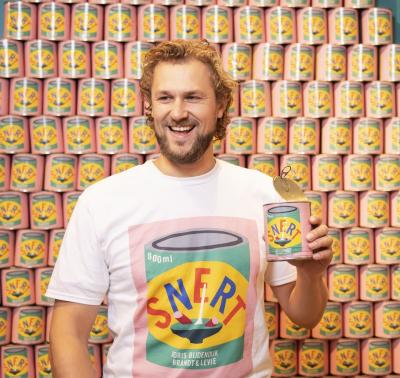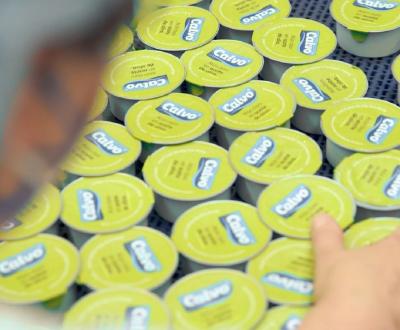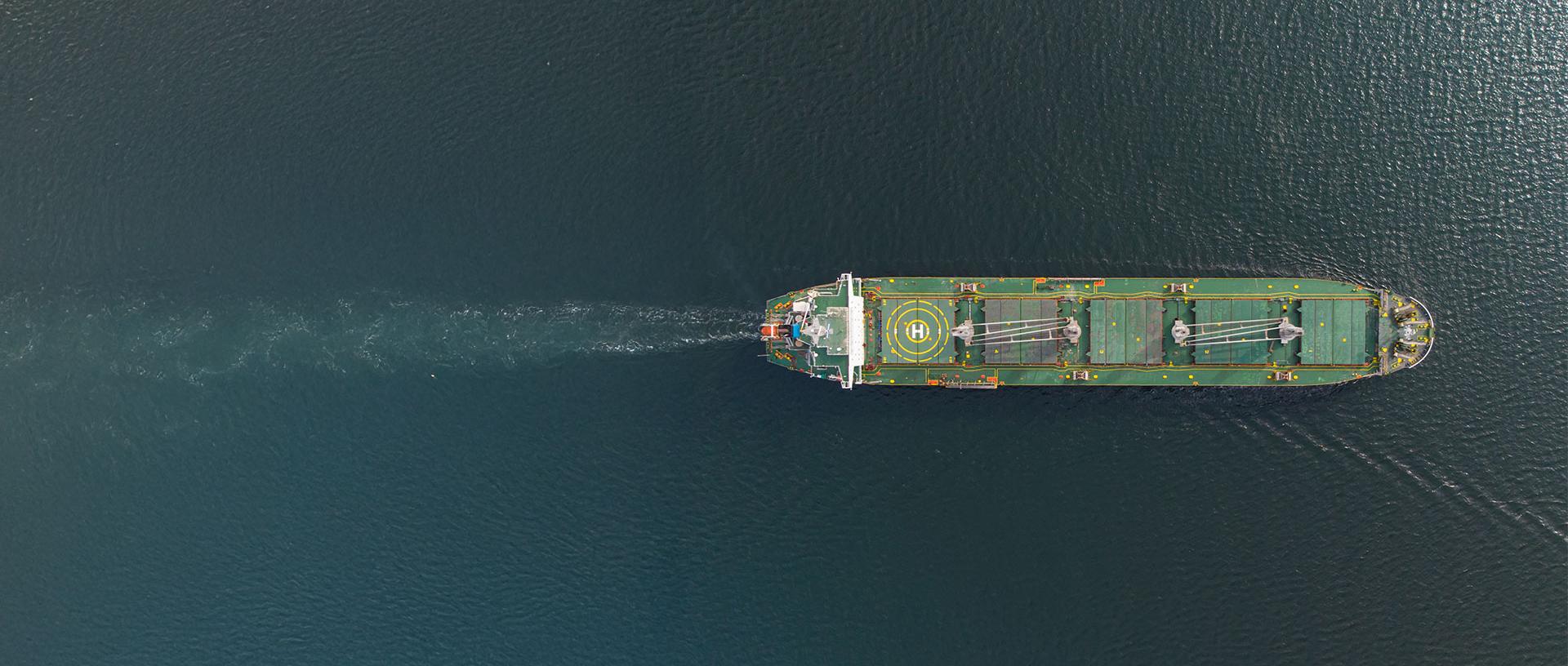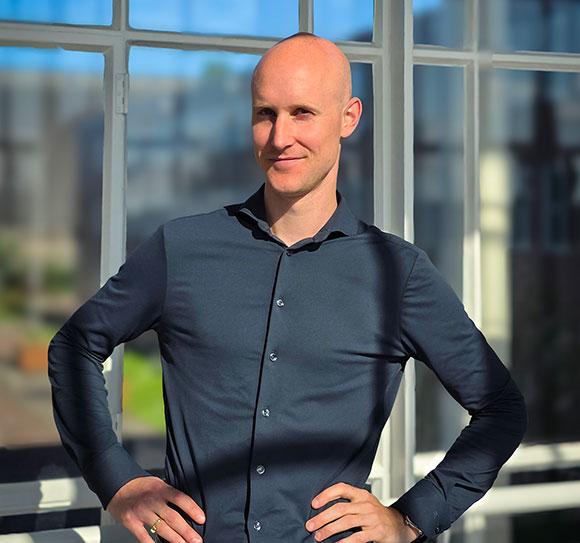
What is your job and your expertise in the field of sustainable steel solutions?
As the Head of Network Management & Development I am responsible for developing a sustainable, efficient and robust logistics network. Our team is committed to continuous improvement of our worldwide logistics, to better serve our customers and reduce our environmental footprint. We do this by optimising our modality mix, selecting the best route-to-customer, and by offering solutions which allow our customers to lower their Scope 3 emissions with low-carbon transport logistics solutions. This is covered by our service called Zeremis Delivered.
What do you think our customers need?
Our customers are committed to a sustainable future. They require robust and efficient logistics solutions that enable them to focus on their core business, while also contributing to a more sustainable world and communicating this commitment to their customers. In a world of interconnected supply chains, it is essential that we are a reliable partner for our customers. Now and in the future, our customers will expect deliveries to be on time, safely and without damages, in full transparency and with minimal environmental impact.
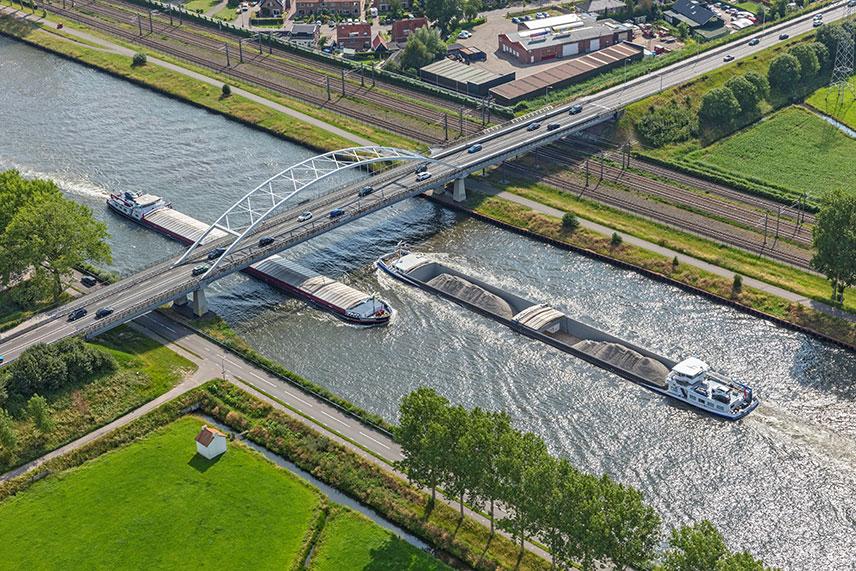
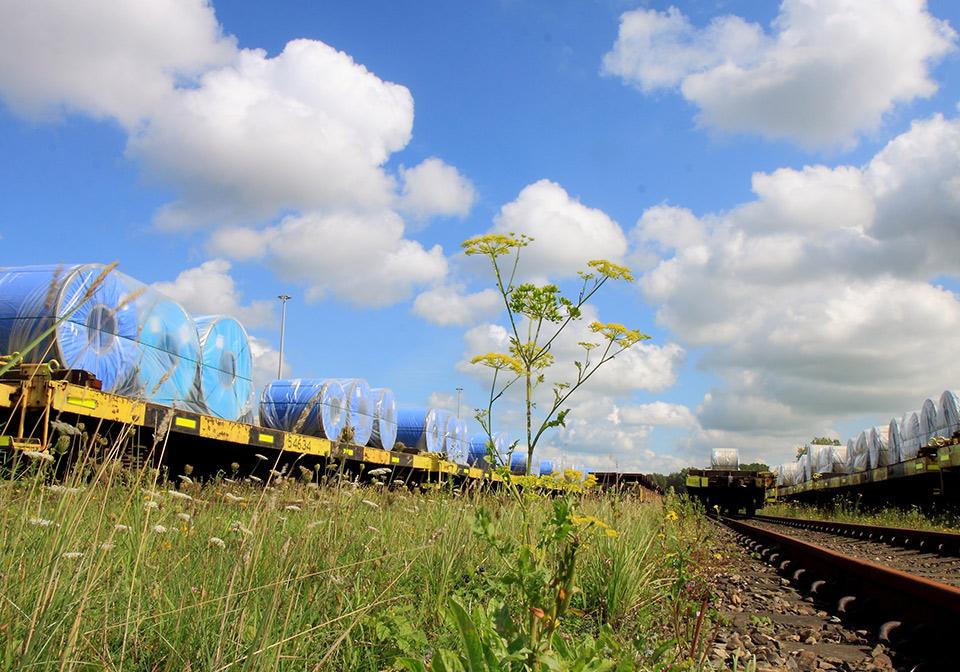
What will define zero-carbon logistics 10 years from now?
Looking ahead, I see three major trends shaping our field:
- Carbon transparency will become a baseline expectation. Customers will demand granular, auditable emissions data across the supply chain, including Scope 3 and transportation.
- Book & Claim systems will mature, enabling decoupled carbon accounting that supports flexible, low-carbon logistics solutions with optimal CO2e savings.
- Low- and zero-carbon logistics will become the gold standard: electrification will drive inland transport, while alternative fuels will be vital for decarbonising maritime logistics. Railway transport will continue to be a critical factor in steel logistics, owing to its high carbon efficiency over long distances.
The carbon accounting landscape is evolving rapidly. We’re shifting from voluntary reporting to regulated disclosure, with frameworks like CSRD and the EU ETS setting new standards. This shift will require steelmakers and their partners to embed carbon intelligence into every decision, from sourcing to delivery.
What are you really good at as Tata Steel Nederland?
We are taking bold steps to establish ourselves as a leader in sustainable steel solutions. A clear example is our transition to low-carbon and ultimately hydrogen-based steelmaking, offering certified low-carbon products and services. What we do particularly well is to include our customers in every step in this transformation, not just the end-state. We understand that reducing environmental impact can't wait for the future, so we’re delivering tailored solutions that make a difference today.
Specifically within my area of expertise, I am proud that we are continuously seeking ways to improve logistics solutions for our customers, even amid global disruptions. A strong focus on sustainability is ingrained in our DNA and will continue to shape our approach.
What is the most common question customers ask regarding sustainable transport solutions?
Customers often seek clarity on the available options for decarbonising their transport and what claims they can make when implementing these solutions. Our offering, Zeremis Delivered, is based on the book and claim methodology. This approach is now widely adopted within the transport sector and fully recognised by leading accreditation bodies.
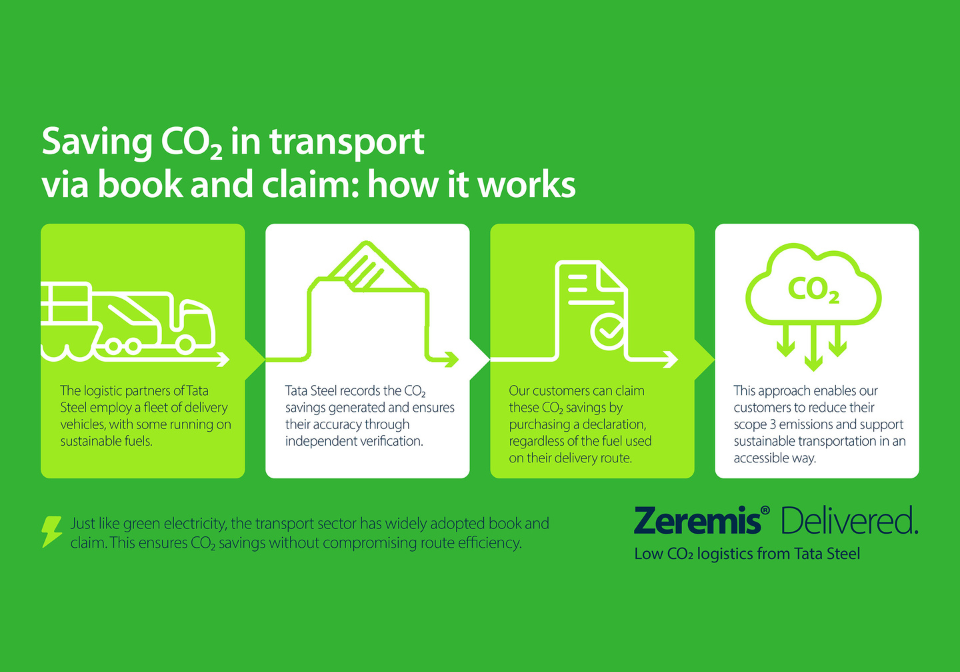
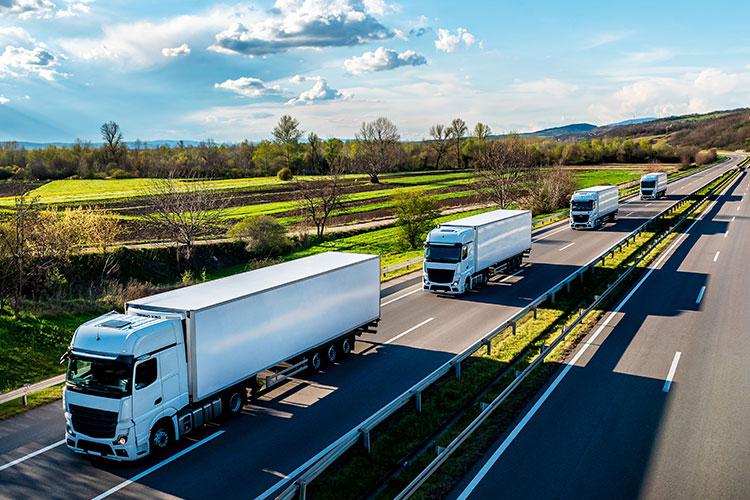
What overlooked opportunity in steel industry sustainability do you wish more people understood?
I'd like to highlight the crucial role of logistics in decarbonisation, especially through book-and-claim systems. While much of the focus in our industry is on greener production, logistics offers a powerful, highly visible, and often underused lever for reducing environmental impact.
Book-and-claim solutions allow us to decouple the physical flow of goods from the environmental attributes of how they’re transported. This means we can offer customers certified low-carbon logistics, even when the greenest route isn’t physically available for every shipment. It’s a flexible, scalable way to accelerate emissions reduction across the supply chain, and empowers customers to make credible, data-backed sustainability claims.



